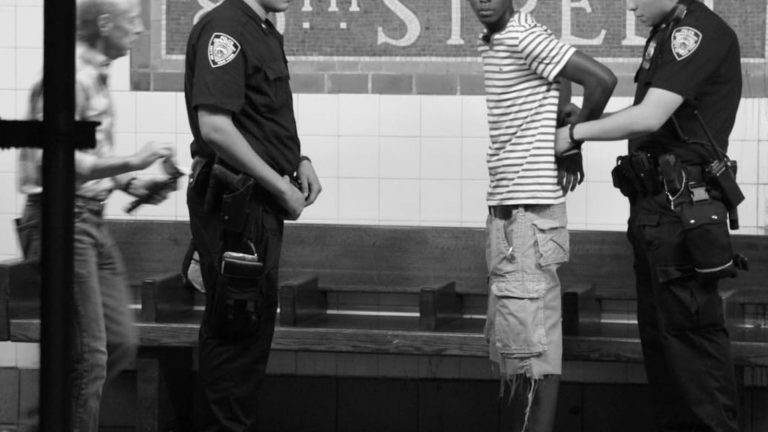Marijuana legalization has become increasingly popular over the past few years. States like New Jersey and Wisconsin have contemplated legalizing recreational use in 2019 through state legislation, while others, such as Michigan, legalized it in 2018 through ballot measures. However, any step toward marijuana legalization needs to address the problems the war on drugs has inflicted upon minority communities.
Marijuana’s popularity has increased in the last decade. In 2009, 44 percent of Americans supported legalizing it. In 2018, Gallup found that 66 percent of Americans now support marijuana legalization. This includes 53 percent of Republicans, which is why Sen. Elizabeth Warren’s (D-MA) STATES Act, which would remove the federal prohibition on marijuana and leave legalization to the states, is co-sponsored by Sen. Cory Gardner (R-CO), and even boasts an endorsement from President Trump.
But marijuana legalization has done little to address the harm vulnerable communities, especially minorities, have suffered to date due to the drug war.
In 2017, roughly 650,000 people were arrested for marijuana-related charges—40 percent of all drug arrests in the country. Nearly 600,000 of these people were arrested for simple possession. Marijuana arrests have increased over the past few years, despite the flurry of legalization laws in 10 states like California and Nevada.
The American Civil Liberties Union (ACLU) found that African-Americans are 3.73 times more likely to get arrested for marijuana use and possession, even though their rates of usage are around the same as whites. In New York City, African-Americans were eight times more likely than whites to be arrested for possession.
Democratic presidential candidate Sen. Cory Booker recently highlighted how marijuana legalization has only focused on legalizing marijuana without addressing the harm done on minority communities.
“I get very angry when people talk about legalizing marijuana and then give no light to how marijuana law enforcement was done in ways that fed upon poor communities—black and brown communities,” Booker said to Vice News. “This is a war on drugs that has not been a war on drugs—it’s been a war on people, and disproportionately poor people and disproportionately black and brown people.”
Booker’s anger is justified: The war on drugs has ravaged minority communities and continues to cost the federal government an estimated $47 billion a year.
There is also the damage done to police-community relations, the trampling of constitutional rights, and the $1 trillion spent since the war on drugs started in the 1970s. Things haven’t gotten better since then. More than 70,200 people died from drug overdoses in 2017, double the amount of people that died in 2007, according to the National Institute on Drug Abuse. The war on drugs has miserably failed to end illegal drug usage.
As Florida State University economics professor Randall G. Holcombe wrote, “The war on drugs is misnamed. Drugs are an inanimate object. It is really a war against people.”
Booker is looking for more support for his Marijuana Justice Act, which would deschedule marijuana and expunge the records of anyone who was arrested for marijuana possession or use. It would also fund job training programs and community centers in areas that have been heavily affected by the war on drugs.
Fortunately, there are places where marijuana legalization has come with addressing the harm of marijuana prohibition. California has already begun to expunge the records of hundreds of thousands of people with marijuana-related charges through a recent law that was signed by previous Governor Jerry Brown. In Illinois, Cook County’s State Attorney Kim Foxx declared that her office would begin expunging minor marijuana-related convictions from people’s records, while San Francisco has dismissed 8,132 marijuana-related convictions dating back to 1975.
We should continue to push for marijuana legalization. But we should also do some reflecting on the harm the war on drugs has inflicted on racial minorities. Any step toward legalization should recognize this fact, and work to reverse the damage marijuana prohibition has caused.














The war on drugs is racist
https://www.change.org/p/donald-trump-release-corvain-cooper-from-life-imprisonment-without-parole-for-marijuana